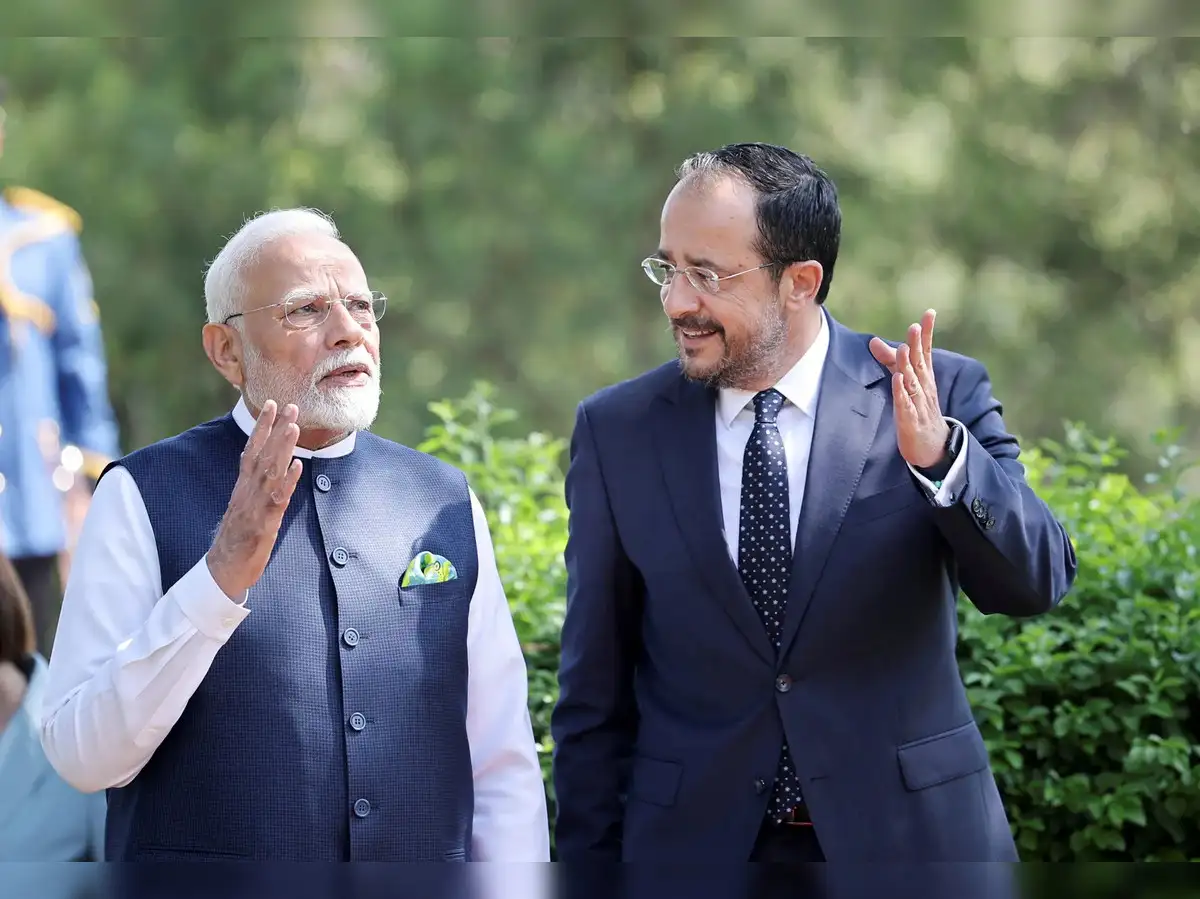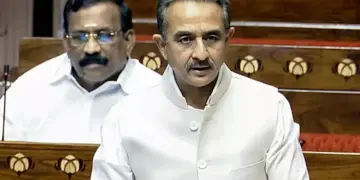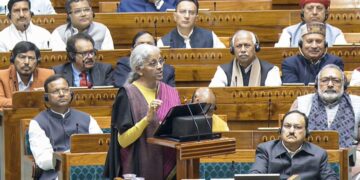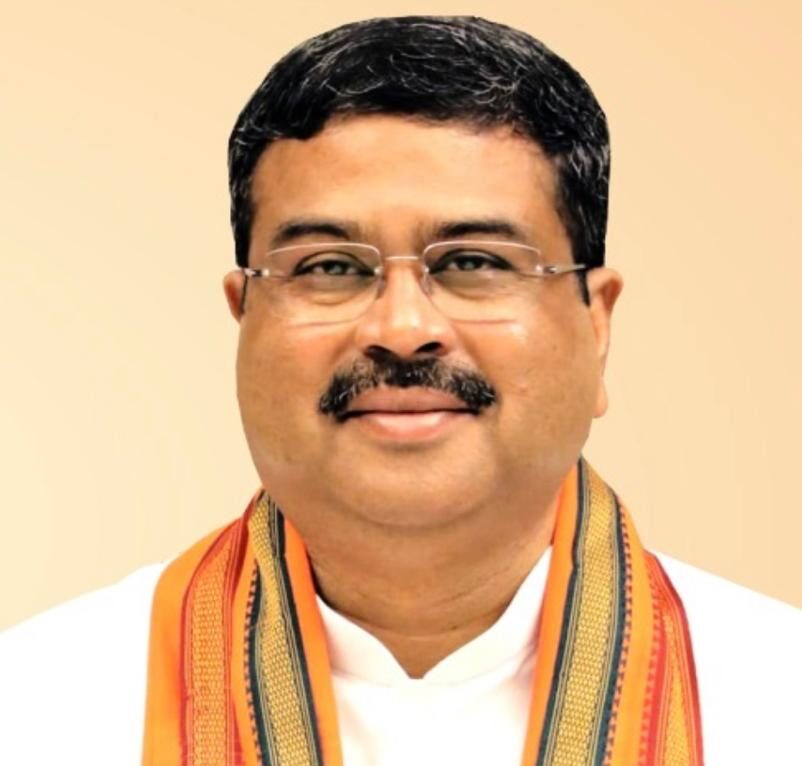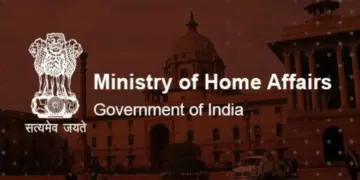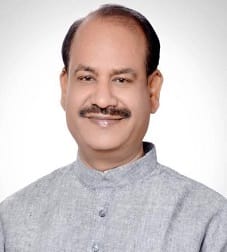Nicosia: Cyprus on Monday extended “unwavering support” to India in its fight against cross-border terrorism as the two countries “unequivocally” condemned terrorism and violent extremism in all its forms and manifestations, including international and cross-border terrorism.
A joint declaration issued after wide-ranging talks between Prime Minister Narendra Modi and Cyprus President Nikos Christodoulides said the two sides “reaffirmed their shared commitment to countering hybrid threats that undermine peace and stability”.
“Cyprus expressed solidarity and unwavering support to India in its fight against cross-border terrorism. The two leaders strongly condemned the gruesome killing of civilians in the recent heinous terrorist attacks in Pahalgam, Jammu & Kashmir, India,” the declaration said.
“They reiterated their zero-tolerance approach to terrorism, rejecting any justification for such acts, under any circumstances. They emphasized that those responsible for the attacks should be held accountable,” it added.
Terrorists killed 26 civilians in a terror attack in Jammu and Kashmir’s Pahalgam on April 22.
“Cyprus and India unequivocally condemned terrorism and violent extremism in all its forms and manifestations, including international and cross-border terrorism, and reaffirmed their shared commitment to countering hybrid threats that undermine peace and stability,” the joint declaration said.
It said the two leaders urged all States to respect the sovereignty of other nations and condemned cross-border terrorism in all its forms.
“They called for the disruption of terrorism financing networks, elimination of safe havens, dismantling of terrorist infrastructure, and bringing perpetrators of terrorism to justice swiftly,” it added.
Emphasising the need for a comprehensive, coordinated, and sustained approach to combatting terrorism across borders, the two leaders underscored the importance of working collaboratively, bilaterally and with the multilateral system, the declaration said.
Modi reached Cyprus on Sunday on the first leg of his three-nation tour.
This is his first foreign visit since India carried out Operation Sindoor under which the Indian armed forces carried out strikes on terror infrastructure in Pakistan and Pakistan-occupied Kashmir on May 7 in retaliation to the Pahalgam terror attack.
“Both leaders reaffirmed their commitment to strengthening multilateral efforts to combat terrorism and called for the expeditious finalization and adoption of the Comprehensive Convention on International Terrorism within the UN framework,” the declaration said.
It said that they urged for concerted actions against all UN- and EU-designated terrorists and terrorist entities, associated proxy groups, facilitators, and sponsors, including terrorists under the 1267 UNSC Sanctions Committee.
They reiterated their strong commitment to continue taking active measures to disrupt terrorist financing channels including through the UN and Financial Action Task Force (FATF), the statement said.
The two leaders stressed the importance of enhancing strategic autonomy, defence readiness, and defence capabilities in the wake of emerging challenges within the international security environment.
“They agreed to deepen their defence and security cooperation, including through collaboration between their respective defence industries, with a special focus on cybersecurity and emerging technologies,” it said.
Cyprus and India “expressed their strong commitment to the resumption of UN-facilitated efforts to achieve a comprehensive and lasting settlement of the Cyprus Question on the basis of a bizonal, bicommunal federation with political equality, in accordance with the agreed UN framework and the relevant UN Security Council Resolutions,” the joint declaration said.
“India reiterated its unwavering and consistent support for the independence, sovereignty, territorial integrity, and unity of the Republic of Cyprus. In this regard, both sides emphasized the need to avoid unilateral actions as essential for creating a conducive environment for the resumption of meaningful negotiations,” it added.
While recognising Cyprus’ role as a gateway into Europe and, in this context, its prospect to serve as a regional hub for transhipment, storage, distribution, and logistics, they welcomed the prospect of Indian shipping companies establishing a presence in Cyprus.
The two leaders also discussed expanding cooperation to include the maritime domain and committed to strengthening collaboration in emergency preparedness and coordinated crisis response, it added.
In light of ongoing global crises, both sides committed to strengthening cooperation in emergency preparedness and coordinated crisis response.
Drawing on past successful efforts, the leaders agreed to institutionalise coordination in evacuation and Search and Rescue (SAR) operations.
Modi’s visit to Cyprus is the first by an Indian prime minister in over two decades. His visit marks a historic milestone and reaffirms the deep and enduring friendship between the two nations, it added.
Noting that Cyprus and India share a strategic vision of serving as bridges between regions, both leaders underscored the significance of the India–Middle East–Europe Economic Corridor (IMEEC) as a transformative, multi-nodal initiative that fosters peace, economic integration, and sustainable development.
Looking ahead to Cyprus’ Presidency of the Council of the European Union in early 2026, both leaders reaffirmed their commitment to strengthening EU–India relations.
Cyprus pledged to work towards the advancement of the EU-India strategic partnership during the Presidency, the declaration said.
Both sides expressed readiness to support the conclusion of the EU–India Free Trade Agreement by the end of this year recognising its significant economic and strategic potential, it added.
Recognising the growing strategic complementarity between Cyprus and India, the leaders committed to expanding economic ties through increased trade, investment, and collaboration in science, innovation, and research, it said.
Both leaders agreed to promote collaboration in research, innovation, and technology, fostering stronger ties between startups, academic institutions, and industry, and supporting innovation exchanges in key sectors like artificial intelligence, digital infrastructure, and research, with a view to concluding a related MoU.
The two leaders recognised people-to-people ties as a strategic asset and multiplier for deepening economic and cultural ties. The two sides will work to finalise a Mobility Pilot Program Arrangement by the end of 2025, it said.
They agreed to explore opportunities for enhancing tourism and the establishment of direct air connectivity between Cyprus and India, as well as enhanced air routes via shared partners, to improve ease of travel and boost bilateral exchanges, the declaration added.

